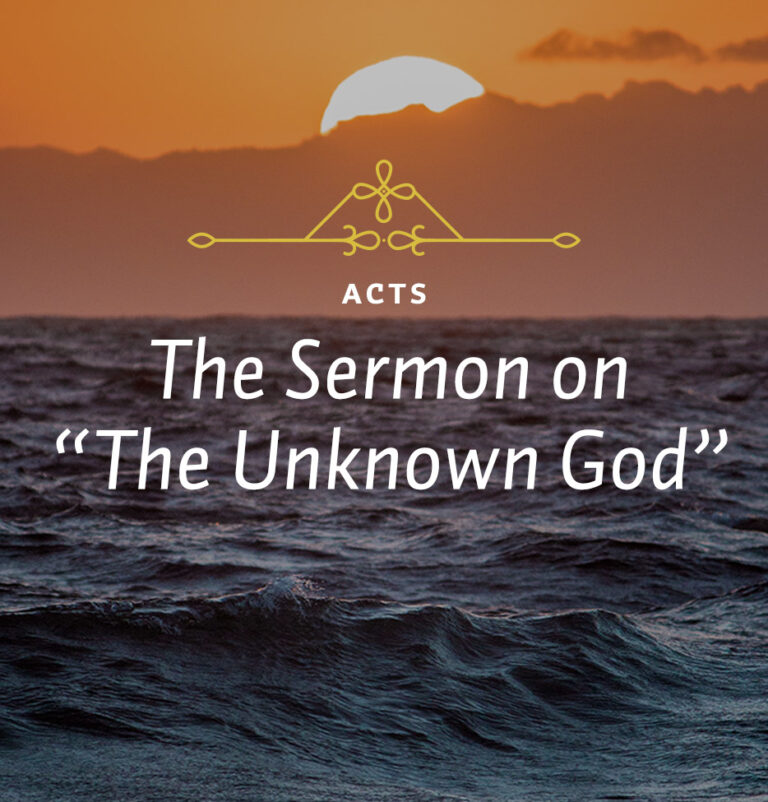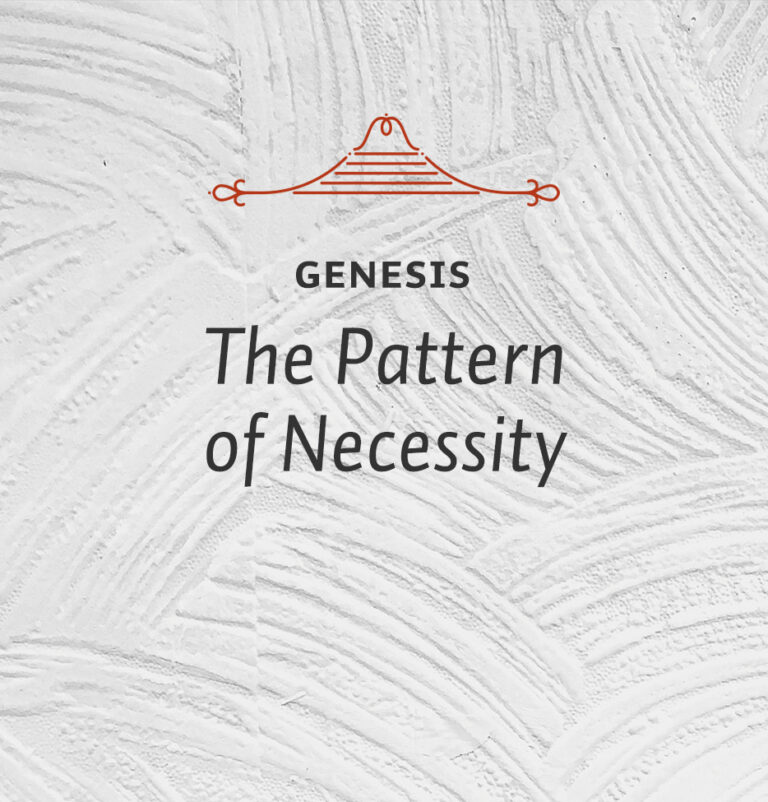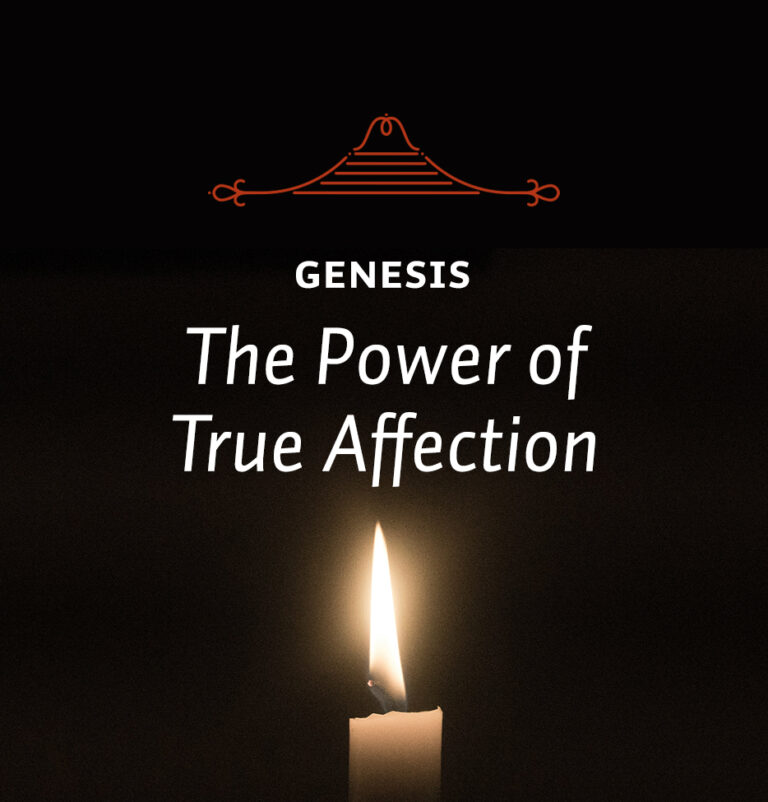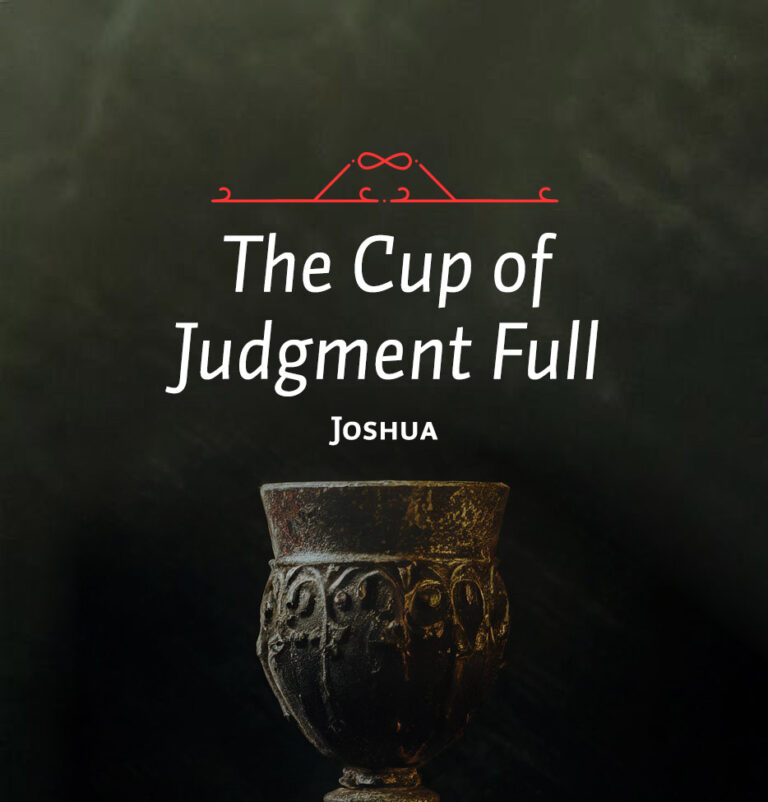
A Psalm of Repentance, Scene 1
Theme: “The Dark Night of the Soul”
In this week’s studies we learn about David’s great affliction, and how his confidence and hope in the Lord were restored through prayer.
Scripture: Psalm 6:1-10
Psalm 6 is the first of the penitential psalms, that is, psalms in which the author confesses his sin and asks God for his mercy and forgiveness.








